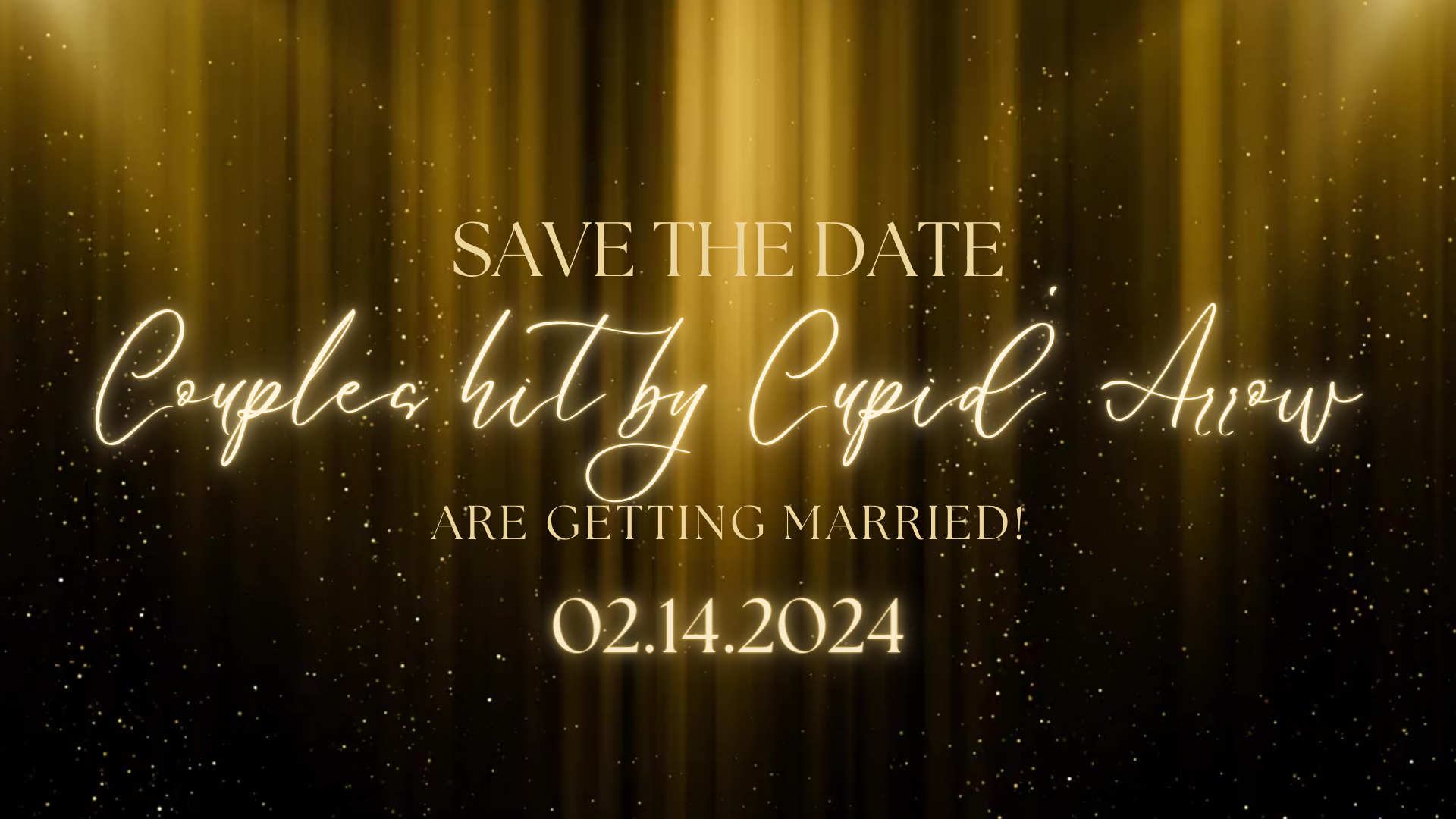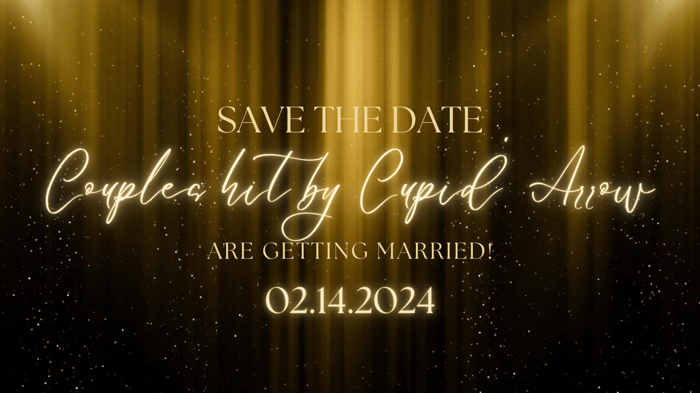Traditional Wedding Vows: A Guide to Timeless Promises

Discover the significance and beauty of traditional wedding vows as we delve into their history and explore their enduring appeal. From the origins of these heartfelt promises to their relevance in modern-day ceremonies, this blog post serves as a comprehensive guide to help you craft the perfect vows for your special day.
The Meaning Behind Traditional Wedding Vows
Traditional wedding vows hold deep meaning and symbolize the commitment and love between two individuals. These vows are a powerful expression of the promises made by the couple to each other, and they serve as a foundation for a lifelong journey together. They convey the intention to love, support, and cherish one another through all the ups and downs of life.
The words spoken during the wedding ceremony are not mere formalities; they carry the weight of the couple's commitment. Traditional wedding vows often include phrases like 'to have and to hold,' 'for better or for worse,' and 'in sickness and in health.' These phrases emphasize the couple's dedication to standing by each other's side, no matter the circumstances. They represent the promise to be there for one another through thick and thin.
Additionally, traditional wedding vows often mention the importance of loyalty, trust, and faithfulness. These values highlight the couple's commitment to building a faithful and loving partnership. By including these elements in their vows, couples reinforce the idea of a lifetime of love and devotion.
Exploring the Origins of Traditional Wedding Vows
Traditional wedding vows have a rich history that dates back centuries. The origins of these vows can be traced to different cultural and religious traditions. For example, in Christian ceremonies, the vows are influenced by biblical teachings and reflect the sacred union of marriage. In other cultures, traditional wedding vows may be influenced by local customs and beliefs.
The purpose of traditional wedding vows has remained consistent throughout history. They serve as a public declaration of love and commitment, witnessed by family, friends, and the community. By exchanging these vows, couples proclaim their dedication to one another and invite others to support and celebrate their union.
While the specific words may vary between cultures and religions, the essence of traditional wedding vows remains the same: to express the couple's love, commitment, and desire to build a life together.
The Evolution of Traditional Wedding Vows
Over time, traditional wedding vows have evolved to reflect the changing values and beliefs of society. While the core meaning remains intact, couples have started to incorporate personal touches into their vows, making them more meaningful and unique to their relationship.
In modern ceremonies, couples often choose to customize their vows to make them more personal and relevant to their love story. They may include anecdotes, inside jokes, or references to shared experiences. By doing so, they create vows that are a true reflection of their unique bond.
The evolution of traditional wedding vows also includes a shift towards gender-neutral language and inclusive phrasing. Today, many couples opt for vows that emphasize equality, mutual respect, and partnership. This evolution reflects the changing dynamics of relationships and the desire for a more egalitarian approach to marriage.
Despite these changes, traditional wedding vows continue to be a popular choice for couples, as they provide a timeless and profound way to express love and commitment.

Incorporating Personal Touches into Traditional Wedding Vows
While traditional wedding vows hold deep meaning, couples often seek to add personal touches to make their vows more unique and reflective of their relationship. By incorporating personal anecdotes, inside jokes, or shared memories, couples can infuse their vows with a touch of their own personality.
One way to personalize traditional wedding vows is to include specific promises or commitments that are meaningful to the couple. For example, they may promise to always support each other's dreams or to prioritize open communication in their relationship. By making these vows personal, couples can create a deeper connection and make their vows even more special.
Incorporating personal touches into traditional wedding vows allows couples to make their ceremony a true reflection of their love story. It adds a personal and intimate element to the vows, making them even more memorable for both the couple and their guests.
Writing Your Own Wedding Vows: A Modern Alternative
While traditional wedding vows have a timeless appeal, many couples are opting to write their own vows as a modern alternative. Writing personal wedding vows allows couples to express their love and commitment in their own words, creating a truly unique and heartfelt moment during the ceremony.
When writing your own wedding vows, you have the freedom to tailor them to your relationship and express your feelings in a way that resonates with you as a couple. It's an opportunity to share your love story, your promises, and your dreams for the future.
Writing your own wedding vows can be a deeply meaningful and emotional experience. It allows you to reflect on your relationship and the journey you have taken together. It also gives you the chance to publicly declare your love and commitment in front of your loved ones, creating a special and intimate moment that will be cherished for a lifetime.
Whether you choose to go with traditional vows or write your own, the most important thing is that your vows are a genuine expression of your love and commitment to one another. They should reflect your values, your hopes, and your promises for the future.


